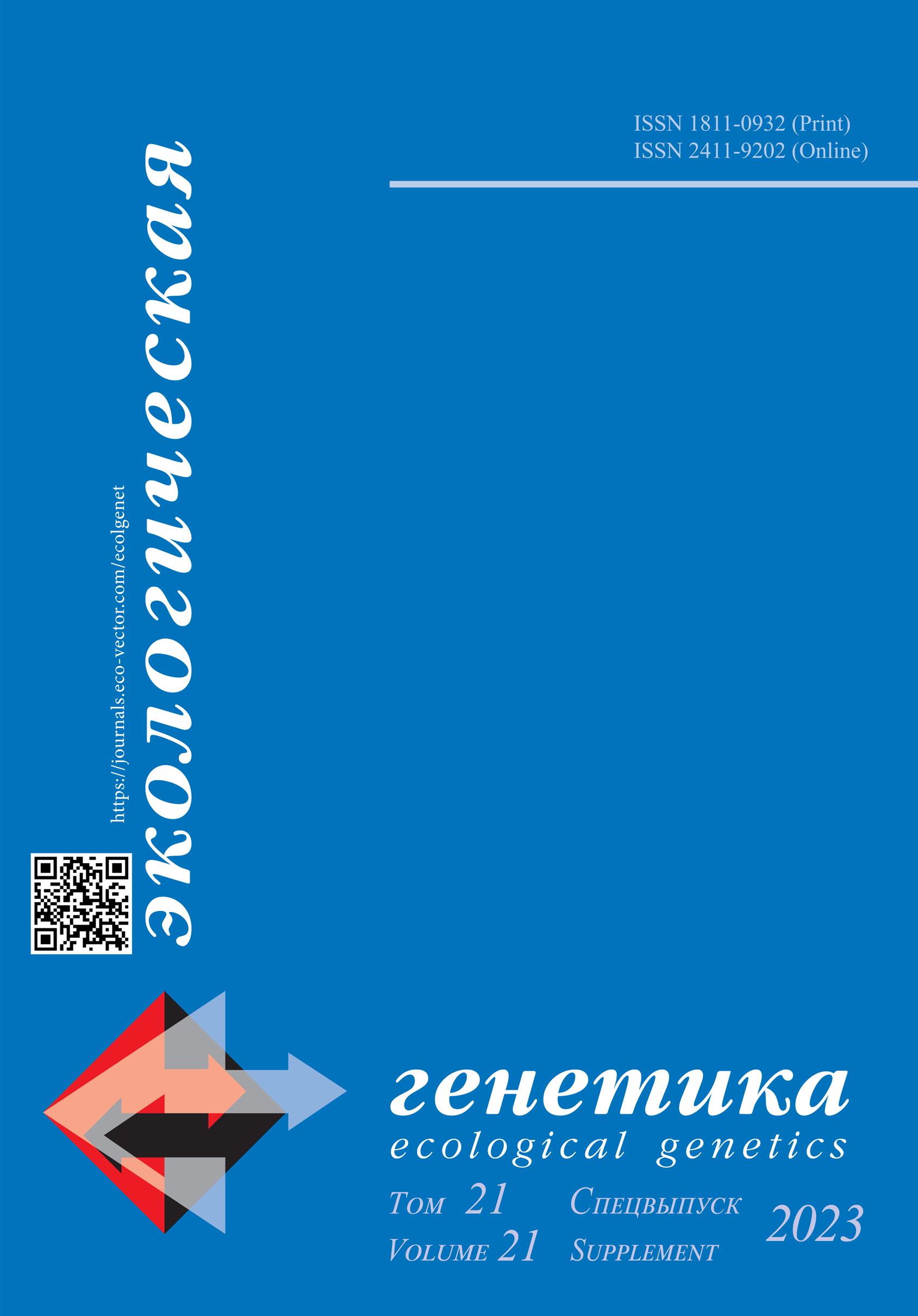Bioengineering of horticultural crops in Russia and in the world
- Authors: Dolgov S.V.1
-
Affiliations:
- Branch of the Institute of Bioorganic Chemistry of the Russian Academy of Sciences in Pushchino
- Issue: Vol 21 (2023): Спецвыпуск
- Pages: 46-46
- Section: Genetically modified organism. The Нistory, Achivements, Social and Environmental Riscs
- Submitted: 19.08.2023
- Accepted: 26.08.2023
- Published: 04.12.2023
- URL: https://journals.eco-vector.com/ecolgenet/article/view/568614
- DOI: https://doi.org/10.17816/ecogen568614
- ID: 568614
Cite item
Full Text
Abstract
Modern bioengineering technologies make it possible to create fruit and berry crops with signs that are unattainable by traditional breeding methods, while significantly reducing the time of breeding work. A review of more than 90 scientific publications in the period from 1989 to 2020 with research work on the creation of transgenic fruit and berry crops using various bioengineering technologies, which showed a wide variety of methods for modifying and identifying the resulting plants.
For example, the modification of the genome of an apple tree using genes that accelerate flowering, the so-called “Fast breeding” technology, allows you to speed up breeding work to create valuable varieties. The developed new varieties of transgenic apple trees are resistant to the fungi, bacteria, apple moth, and also reduced ability to browning fruits, with an increased content of sucrose, etc.
Modern methods of genetic engineering make it possible to significantly accelerate the processes of creating highly productive varieties of fruit crops with increased or complete resistance to viruses. Transgenic papaya, expressing the gene for the envelope protein of the virus, made it possible to save plantations in Hawaii. The plum varieties created with the help of bioengineering were resistant to the plum pox virus (PPV), which poses a greater danger to perennial fruit crops.
In Russia, clonal rootstocks of apple and pear trees resistant to herbicides, strawberries and pears with improved fruit taste, rootstocks and varieties of plums and cherries resistant to the Plum Pox Virus have been created and field tested, a technology for obtaining cisgenic plants has been developed and applied using the example of apple and tomato trees that do not contain viral and bacterial sequences. Methods of genomic editing and accelerated selection of fruit crops are being developed.
Keywords
Full Text
Modern bioengineering technologies make it possible to create fruit and berry crops with signs that are unattainable by traditional breeding methods, while significantly reducing the time of breeding work. A review of more than 90 scientific publications in the period from 1989 to 2020 with research work on the creation of transgenic fruit and berry crops using various bioengineering technologies, which showed a wide variety of methods for modifying and identifying the resulting plants.
For example, the modification of the genome of an apple tree using genes that accelerate flowering, the so-called “Fast breeding” technology, allows you to speed up breeding work to create valuable varieties. The developed new varieties of transgenic apple trees are resistant to the fungi, bacteria, apple moth, and also reduced ability to browning fruits, with an increased content of sucrose, etc.
Modern methods of genetic engineering make it possible to significantly accelerate the processes of creating highly productive varieties of fruit crops with increased or complete resistance to viruses. Transgenic papaya, expressing the gene for the envelope protein of the virus, made it possible to save plantations in Hawaii. The plum varieties created with the help of bioengineering were resistant to the plum pox virus (PPV), which poses a greater danger to perennial fruit crops.
In Russia, clonal rootstocks of apple and pear trees resistant to herbicides, strawberries and pears with improved fruit taste, rootstocks and varieties of plums and cherries resistant to the Plum Pox Virus have been created and field tested, a technology for obtaining cisgenic plants has been developed and applied using the example of apple and tomato trees that do not contain viral and bacterial sequences. Methods of genomic editing and accelerated selection of fruit crops are being developed.
About the authors
Sergey V. Dolgov
Branch of the Institute of Bioorganic Chemistry of the Russian Academy of Sciences in Pushchino
Author for correspondence.
Email: dolgov@bibch.ru
ORCID iD: 0000-0003-1399-3235
SPIN-code: 6511-5343
Dr. Sci. (Biol.), Laboratory of Expression Systems and Plant Genome Modifications
Russian Federation, Moscow RegionReferences
Supplementary files










